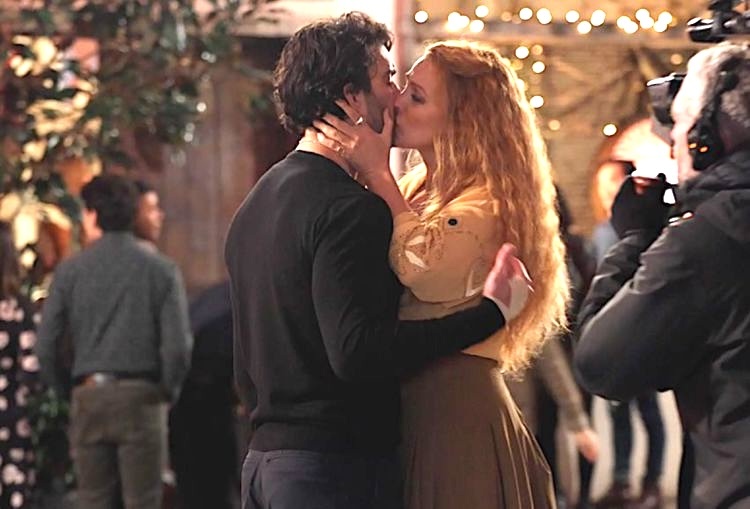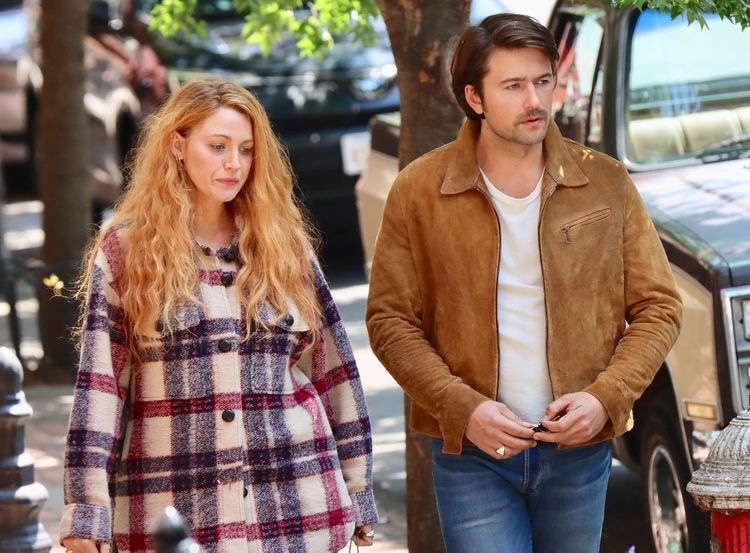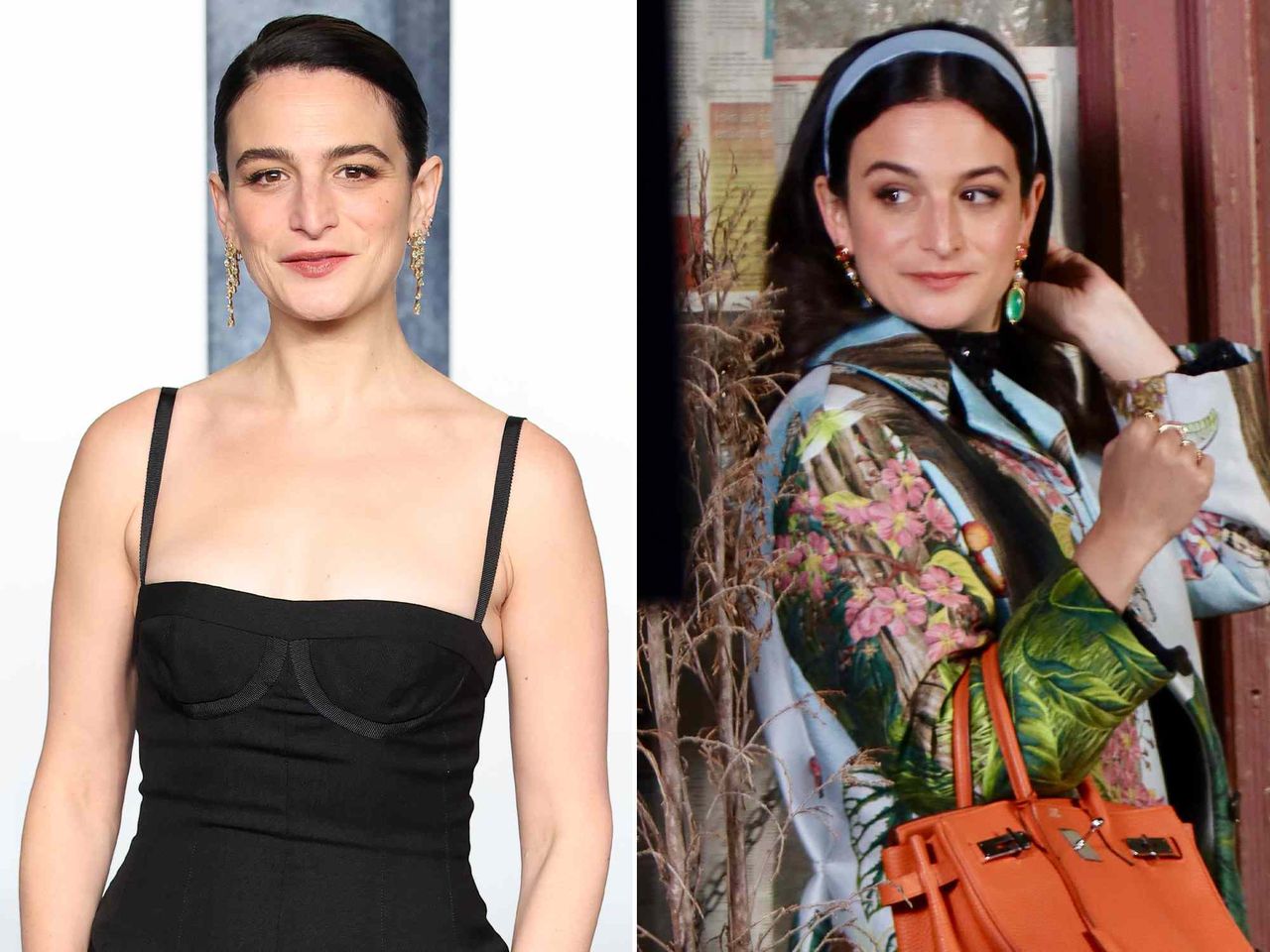Blake Lively, staring as Lily Bloom, the main character from Colleen Hoover’s ultra-successful 2016 romance novel about an abusive relationship, is an excellent choice as we can see her serious side. She plays serious well; at times, I was taking deep breaths watching her maneuver her way around uncomfortable accusations from her handsome boyfriend, Ryle Kincaid (Justin Baldoni). Their romantic relationship scenes are steamy although I was pleased the rating is PG-13 and not R as the abuse is blurry, yet viewable, with some of the abuse insinuated. The main takeaway is the excellent message of leaving this type of relationship, which is the hardest part for a victim. The girls that sat next to me applauded at the end, which is another good sign the book to movie worked.

“It Ends with Us” begins shortly after Lily’s father’s death, with her realization that she has nothing positive to say about him at his funeral. Returning to Boston on a lovely evening rooftop, she ponders her past and meets Ryle. Writer/director Christy Hall, who also wrote “Daddio,” which premiered at Telluride last year, has an uncanny way of writing realistic dialogue in an organic and kidding way, yet can weave into more somber moments when the characters unpack their lives.
The film’s success is also attributed to the chemistry between the actors, particularly Justin Baldoni’s work in front of and behind the camera. Directing and acting are two intensive art forms, and performing them simultaneously is a monumental task. Yet, Baldoni’s camera shots are simple yet effective, and his direction of the performances, particularly his acting next to the seasoned Blake Lively, is creditable.
The book has been a sensation for a few years, and is praised for its themes. After seeing the film, I could not wait to read the book and am pleased that it’s so well written. The movie does a beautiful job of telling the emotional, tragic story of a woman in an abusive relationship.

And yes, those red flags are introduced early as Ryle’s temper is over the top. As stated in the book, crossing the line violence only takes a matter of a few quick minutes; they are the difference between holding back violence or unleashing the demon. Even so, it’s wrong, and there are laws against people harming one another. The film makes no excuses for the violence and treats it as what it is…wrong.
“It Ends With Us” story is told through flashbacks to Lily’s adolescence as Isabela Ferrer takes the reigns as younger Lilly. Here, we find out that her neighbor, a boy a few years older through flashbacks, Atlas Corrigan (Alex Neustaedter), also has violence in his family, as does Lily. I appreciated the past storyline playing out in the film, as we are given a more accurate picture of their lives and their special bond.

I’d be remiss if I didn’t mention Jenny Slate, Ryle’s sister (Allysa Kincaid) who helps Lily manage the flower shop, as she was bored and looking for something to do. Ryle and Lily do grow closer yet, the now adult version of Atlas (Brandon Sklenar) is the shocking reminder as what is right and what is wrong. Both help guide Lily in making the right decisions about her life. The film’s theme of how abuse occurs in generational cycles is noteworthy as we see Lily’s stalwart goal of breaking that cycle. Excellent messages about the topic of physical abuse and self-worth.
Sarah Knight Adamson August 15, 2024
